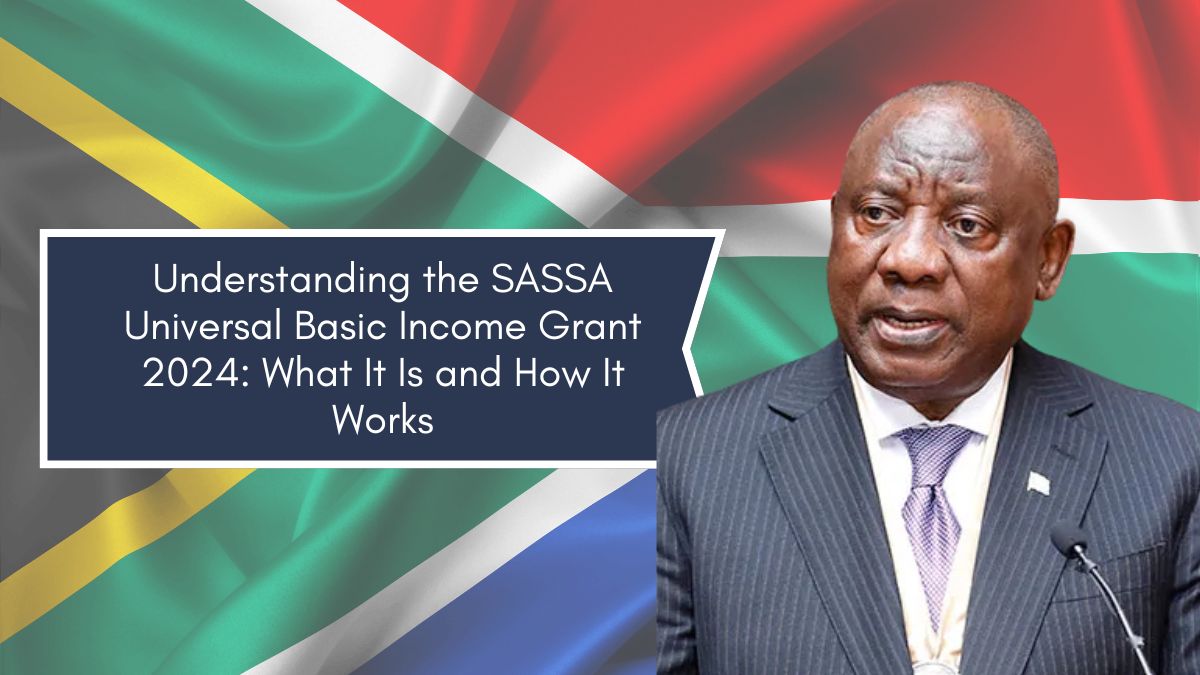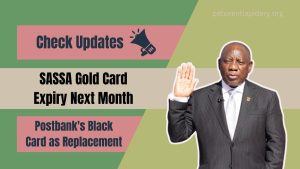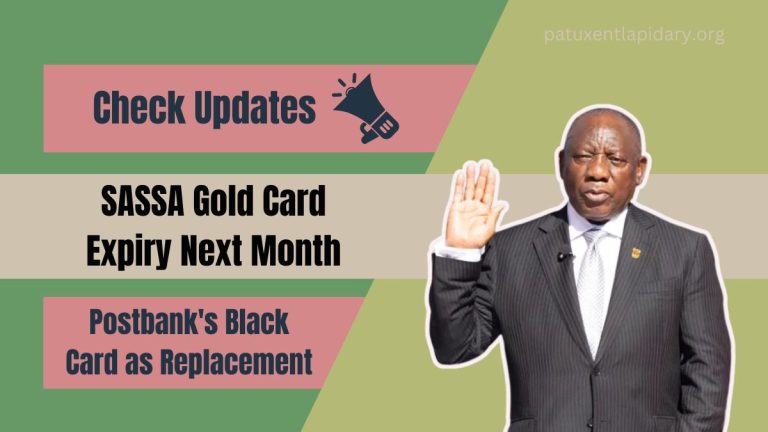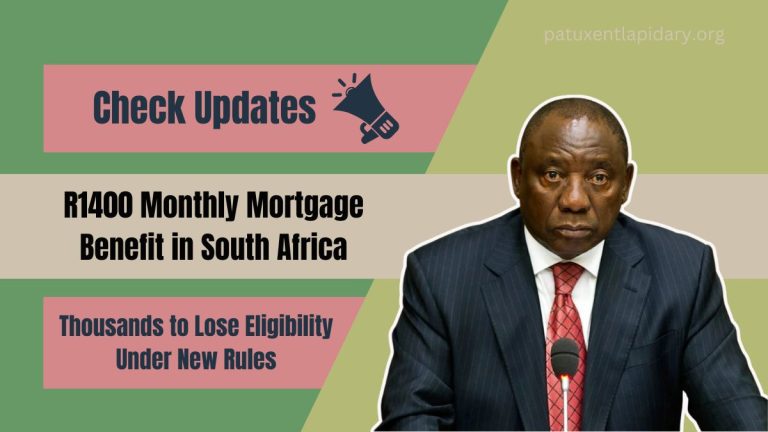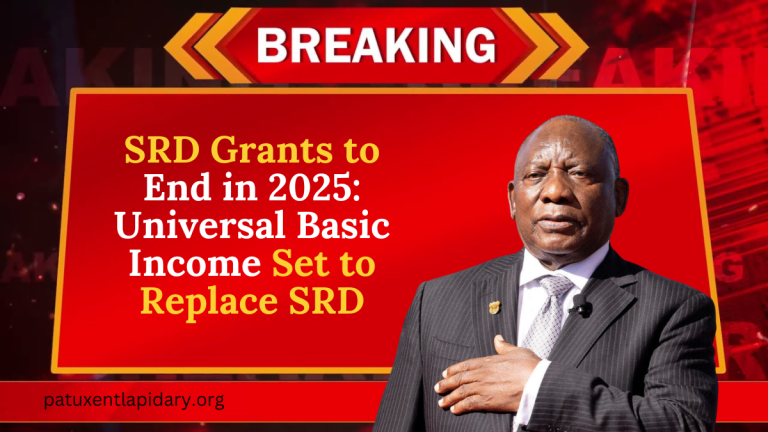The South African Social Security Agency (SASSA) is set to launch the Universal Basic Income Grant (UBI) in 2024, a program aimed at providing financial relief to South Africans aged 18 to 59.
Designed to combat poverty and inequality, this grant will offer eligible residents a monthly stipend to cover basic living expenses.
Below, we break down the details of this groundbreaking initiative, including eligibility, application steps, and its potential impact on South Africa’s economy.
What Is the SASSA Universal Basic Income Grant?
The SASSA Universal Basic Income Grant is a financial assistance program aimed at ensuring all eligible South Africans receive a guaranteed monthly income. Unlike other social aid programs, this initiative is not limited by employment status, meaning both job-seekers and unemployed individuals can qualify.
The grant provides a consistent income to help recipients afford essentials such as food, housing, and healthcare. Inspired by global UBI experiments like Finland’s pilot project and Alaska’s Permanent Fund, South Africa’s UBI aims to address the country’s unique economic challenges.
Key Details About the UBI Grant
| Topic | Details |
|---|---|
| Purpose | Financial support for all South Africans aged 18–59 to alleviate poverty and promote equality. |
| Grant Amount | Estimated between R800 and R1,200 per month per recipient. |
| Eligibility | All South African citizens and permanent residents aged 18–59, regardless of employment status. |
| Application Process | Online or in-person registration requiring proof of citizenship and, possibly, proof of address. |
| Payment Method | Monthly payments via bank transfers or Cash PayPoints. |
| Expected Start Date | 2024, with the exact timeline to be confirmed by SASSA. |
| Official Website | SASSA Website |
Why Is the UBI Grant Necessary?
Addressing Poverty
South Africa faces significant economic disparities, with over 55% of the population living below the poverty line. High unemployment rates, currently at 32%, further exacerbate the financial struggles of many households. The UBI grant aims to provide a safety net, ensuring individuals can meet basic living needs.
Learning from the Pandemic
During the COVID-19 pandemic, the Social Relief of Distress (SRD) Grant provided short-term assistance to unemployed South Africans. While effective, it was temporary. The UBI grant is designed as a long-term solution to provide consistent financial security.
How Will the UBI Grant Work?
Grant Amount
While the final amount has yet to be confirmed, beneficiaries are expected to receive between R800 and R1,200 per month. This amount is aimed at covering basic living costs, such as food, rent, and transportation.
Payment Schedule
Payments will be distributed monthly, with dates to be specified by SASSA. Beneficiaries can choose to receive funds through:
- Direct bank transfers.
- Cash PayPoints, which are especially useful for individuals without bank accounts.
Eligibility Criteria
The grant is open to:
- South African citizens or permanent residents.
- Individuals aged 18 to 59.
- No employment status restrictions, ensuring inclusivity for all eligible individuals.
How to Apply for the UBI Grant
The application process is designed to be simple and accessible:
- Online Applications: Visit the SASSA website to complete the application form.
- In-Person Applications: Apply at any SASSA office or designated payment point.
- Required Documents: Applicants must provide proof of citizenship (e.g., ID or birth certificate) and, in some cases, proof of address.
Economic and Social Impact of the UBI Grant
The UBI grant is expected to bring transformative changes to South Africa’s economy and society:
- Reducing Poverty: By ensuring a minimum income, the grant will help recipients meet essential needs.
- Boosting Local Economies: Recipients are likely to spend their stipends within their communities, driving local economic growth.
- Addressing Inequality: UBI can help bridge the income gap between South Africa’s wealthiest and poorest citizens.
Challenges and Criticisms
While the UBI grant offers numerous benefits, some challenges remain:
- Sustainability Concerns: Critics question whether the program can be maintained given South Africa’s budget constraints.
- Inflation Risks: Large-scale cash transfers might increase demand for goods, potentially driving up prices.
- Funding Sources: The government may need to implement progressive taxation or reallocate existing resources to sustain the program.
Despite these hurdles, the government is exploring strategies like foreign aid, efficiency improvements in current programs, and innovative tax reforms.
How to Make the Most of the UBI Grant
Beneficiaries can maximize the benefits of the UBI grant by:
- Budgeting: Focus on prioritizing essential expenses like food and utilities.
- Saving: Set aside a portion of the stipend for emergencies.
- Improving Financial Literacy: Take advantage of resources to learn effective money management.
FAQs
What is the purpose of the UBI grant?
The UBI grant aims to alleviate poverty and provide financial stability by offering monthly income to eligible South Africans.
Who qualifies for the UBI grant?
South African citizens and permanent residents aged 18 to 59, regardless of employment status.
How much will beneficiaries receive?
Recipients are expected to receive between R800 and R1,200 per month.

